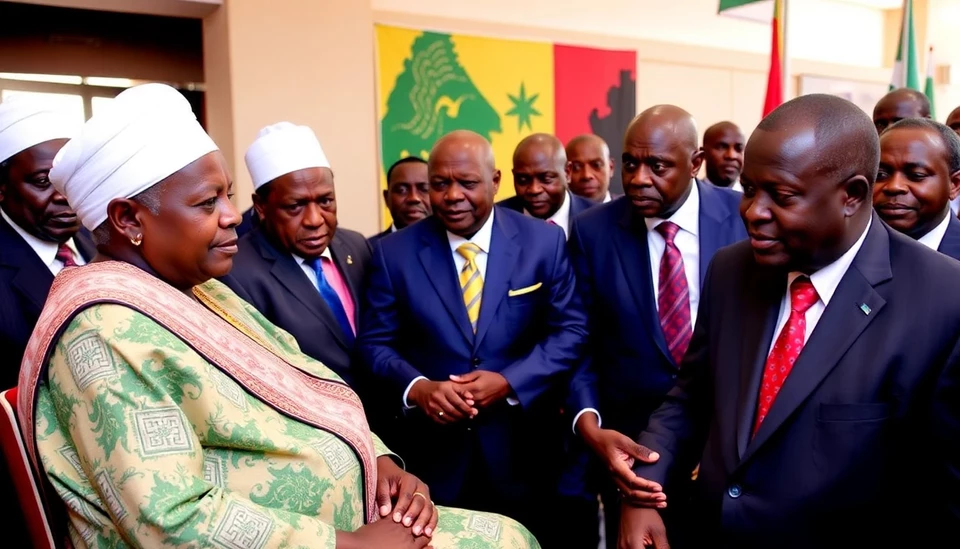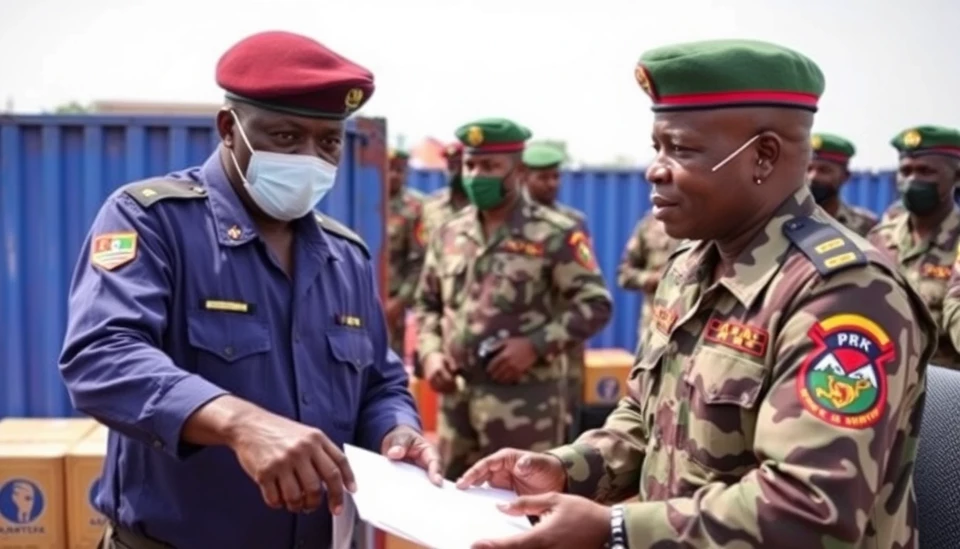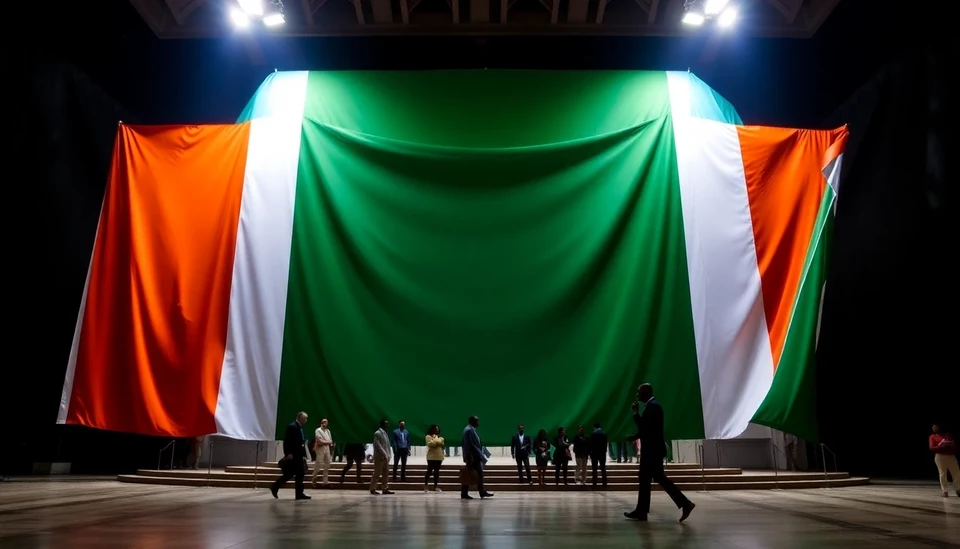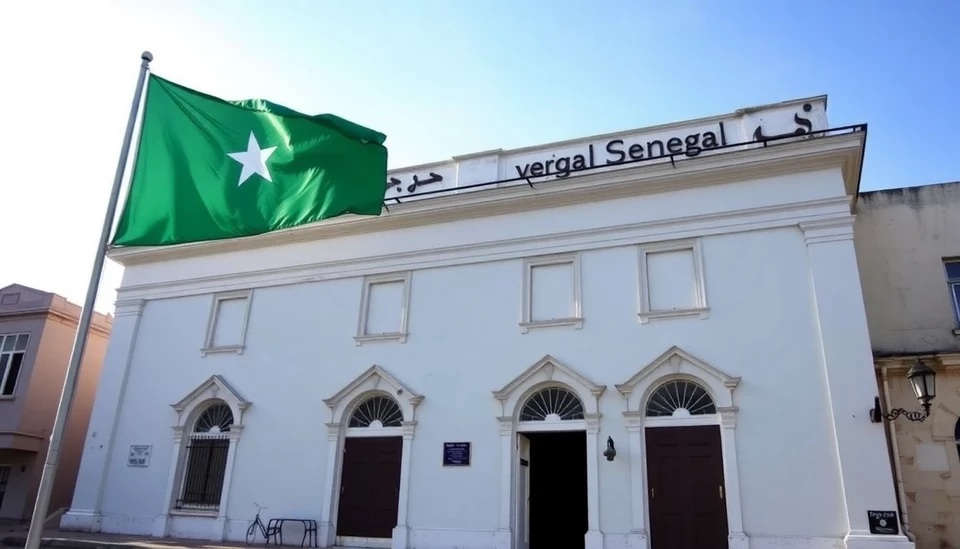
In a significant development regarding regional politics and economic alliances, the leaders of military juntas in West Africa have been granted a six-month ultimatum to reconsider their decision to withdraw from the Economic Community of West African States (ECOWAS). This announcement comes amid rising tensions and challenges within the region, primarily influenced by recent coups in multiple member states.
The mandate reflects growing concerns among ECOWAS member states about the implications of these junta-led governments stepping away from cooperative economic policies designed to foster stability, trade, and development across West Africa. ECOWAS has long been pivotal in mediating conflicts and promoting democracy in the region; as such, their request for these juntas to reassess their exit signifies a strong push towards maintaining unity and bolstering regional stability.
Recent months have seen upheaval in countries like Mali, Burkina Faso, and Guinea, where military coups have disrupted the political landscape. In response, ECOWAS has imposed economic sanctions and trade restrictions on these nations, expressing discontent with their governance and the undermining of democratic processes. These actions are aimed at reinstating constitutional order and protecting the integrity of the bloc.
As a response to the sanctions, the junta leaders expressed their grievances over perceived interference in their national affairs and questioned the effectiveness of ECOWAS's policy measures. This led to their decision to exit the trade bloc, an action that could significantly affect trade relations and economic stability in the West African region.
ECOWAS's latest move to grant a six-month period for reconsideration demonstrates a willingness to engage in dialogue and recalibrate strategies that could potentially reintegrate the departing nations into the regional framework. This deadline not only serves as a tactical approach to recovering relationships but also as a critique of military governance, urging these leaders to pivot back towards democracy and regional cooperation.
The coming months will be critical, as the dynamics in West Africa continue to evolve amidst both internal and external pressures. The ECOWAS leadership's firm stance highlights the importance of unity in addressing common threats, such as terrorism, economic instability, and humanitarian crises that have plagued the region in recent years.
The urgency for the juntas to respond constructively to this ultimatum means that negotiations and discussions are expected to initiate shortly, focusing on the pathways to political normalization and economic restructuring. The outcome of these deliberations could have far-reaching impacts not only on the political fabric of these nations but also on the economic viability of the entire West African region.
In summary, as West African juntas face a pivotal moment to reconsider their stances on exiting ECOWAS, the region watches closely. The next six months will not only test the resolve of these governments but also the efficacy of ECOWAS in nurturing collective growth and stability.
Hashtags:
#WestAfrica #ECOWAS #JuntaGovernance #TradeBloc #MilitaryRule #RegionalStability #PoliticalDialogue #Economics
Author: Daniel Foster




